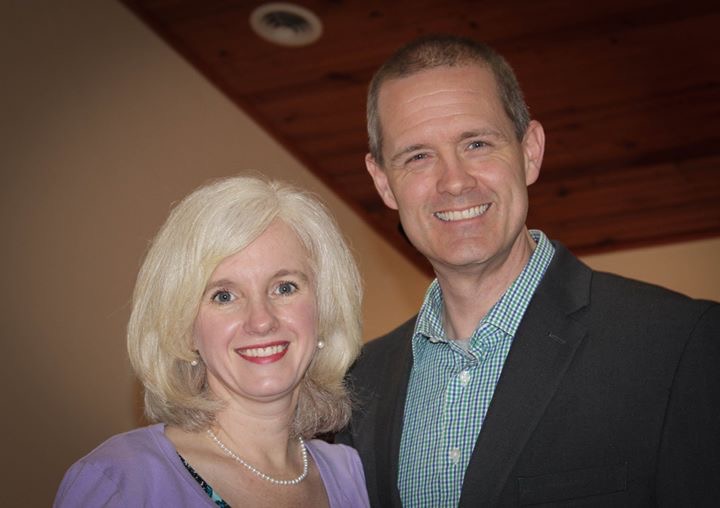1 Timothy 1:3, 1 Timothy 4:13-16, Titus 1:9
We teach in order to maintain good doctrine. Not everyone believes this. It is popular to say things like, “don’t worry about doctrine, just teach the Bible.” Of course along with that comes the ever dangerous question, “What does this text mean to you?” Both are problematic and we need never to buy into them. The author of every passage, along side the Holy Spirit who inspired them, when writing any and ever part of scripture had a defined point and intent that He was and is communicating. The author was not confused thinking, well maybe I mean this or maybe I mean that, but it sounds good, so I’ll let someone else figure out what I mean. No. Every text in the bible has a specific meaning.
So our doctrine is not a matter of how we prefer to understand scripture. Rather as we read scripture and understand the context, we seek to identify exactly what the author was conveying and that point, that intent, is the truth that we seek to observe, practice and obey.
Now we see doctrine is a good thing. Here are some examples:
- Doctrine is the difference between Jesus is God and Jesus became like God.
- One is Christian, the other is the foundation for the cults.
- Doctrine is the difference between you pray to God or you pray to someone else.
- One biblical, the other is superstition.
- Doctrine is the difference between Justification by Grace alone through faith alone, and believe in Jesus and if you do enough good things you will be allowed in as a child of God.
- One is the Salvation of God, the other is trust in your own works.
- So, as Paul tells timothy to prevent the teaching of strange doctrine, we too work to that end.
So as Paul tells Timothy to prevent the teaching of strange doctrine and to pay close attention to his own understanding of doctrine, so wee too must work to that end. This is how we value and respect the scriptures.
